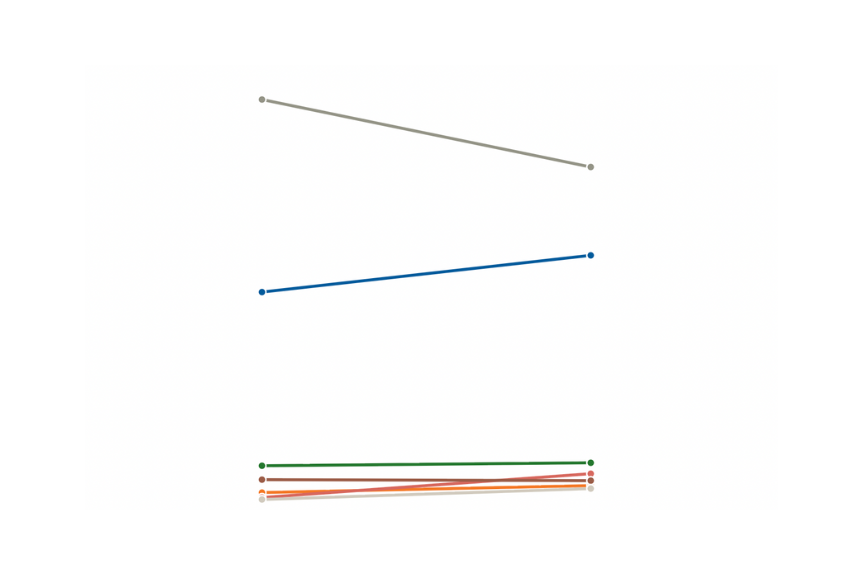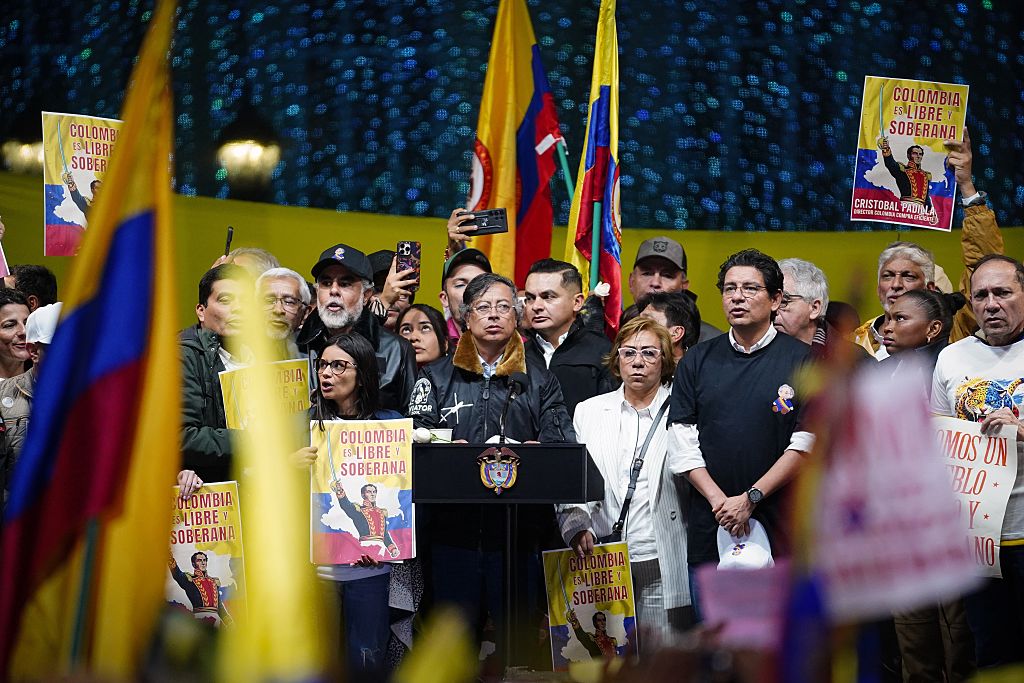Argentina Country Update
Argentina Country Update
Topics in this issue:
• Economic outlook
• Presidential elections
 Topics in this issue:
Topics in this issue:
• Economic outlook
• Presidential elections
The nationwide economic outlook is buoyed by the impressive expansion over the last four years. In 2006, the Argentine economy—Latin America’s third most important—grew again at a healthy rate. The gross domestic product increased 8.5 percent, investment strengthened, unemployment decreased, and tax revenue and the primary surplus continued expanding. Key domestic sectors also recorded positive figures. Banking doubled 2005 earnings recording a 20 percent expansion, construction growth ranged from 16 to 19 percent, and manufacturing jumped 8.5 percent. In 2007, manufacturing is projected to maintain the same pace of growth. On the trade side, exports totaled US$45 billion, fueling a US$12.4 billion surplus and an overall trade balance surplus 6.4 percent higher than the previous year.
Argentina’s economic health will continue to be closely watched as the country heads into an election year. Despite forecasts for substantial economic growth this year, new challenges are on the horizon. Not least among them are sustaining long-term growth and turning speculative investment into productive long-term investment. For 2007, some of the issues expected to dominate economic discussions include: public spending; inflation and the impact of price controls; and energy supplies and needed investment in this sector.
Presidential elections will be held in October 2007. Although a recent poll by OPSM Consultants shows President Nestor Kirchner registering an approval rating over 70 percent, he has yet to signal his intention to run for reelection. Instead, the president and close allies are giving signs that his wife—Senator Cristina Fernández de Kirchner of Buenos Aires province—will run on behalf of the government coalition. Carlos Kunkel, one of Kirchner’s main political advisors, has said that Cristina Fernández will be the presidential candidate for the Frente para la Victoria party unless popular opinion makes her candidacy unviable.
Roberto Lavagna, the most visible opposition candidate, officially launched his campaign in early January. The Minister of Economy during both the Eduardo Duhalde and Kirchner administrations—and a key factor in Argentina’s recovery after the 2001-2002 economic turmoil—he counts on the open support of former Presidents Duhalde and Raúl Alfonsín. If elected, Lavagna has pledged to concentrate on building medium-term development programs, eradicating indigence within four years, reducing the value-added tax, and promoting domestic and foreign investment.
One of the biggest obstacles for Lavagna is the creation of a structure that can sustain his candidacy. For that, he is engaged in advanced talks with the Unión Cívica Radical (UCR). Although the UCR has lost some of its past importance, the party can still provide a national organizational base. However, the UCR is divided internally—some party factions, including UCR governors and mayors from important districts, have established a strong alliance with the president. Governor Julio Cobos of Mendoza is a leader of the pro-Kirchner movement in the UCR and a strong candidate for Vice-President under the Kirchner formula.
This update is published by the Americas Society and Council of the Americas, non-partisan organizations founded to promote better understanding and dialogue in the Western Hemisphere, working in collaboration to advance their respective missions. The Americas Society is a public charity described in I.R.C. Section 501(c)(3), and Council of the Americas, a business league under I.R.C. Section 501(c)(6). The positions and opinions expressed in this publication are those of the authors or guest commentators and speakers and do not represent those of the Americas Society and Council of the Americas or its members or the Boards of Directors of either organization. No part of this publication may be reproduced in any form without permission in writing from the Americas Society and Council of the Americas.








